The day before the Miramar airshow, the Fatherly One and I headed into downtown San Diego to see two things: the USS Midway, which I'd been to before, and the San Diego Maritime Museum, which I hadn't. They're within easy walking distance of each other, so it made sense to try and combine them, starting with the Maritime Museum.
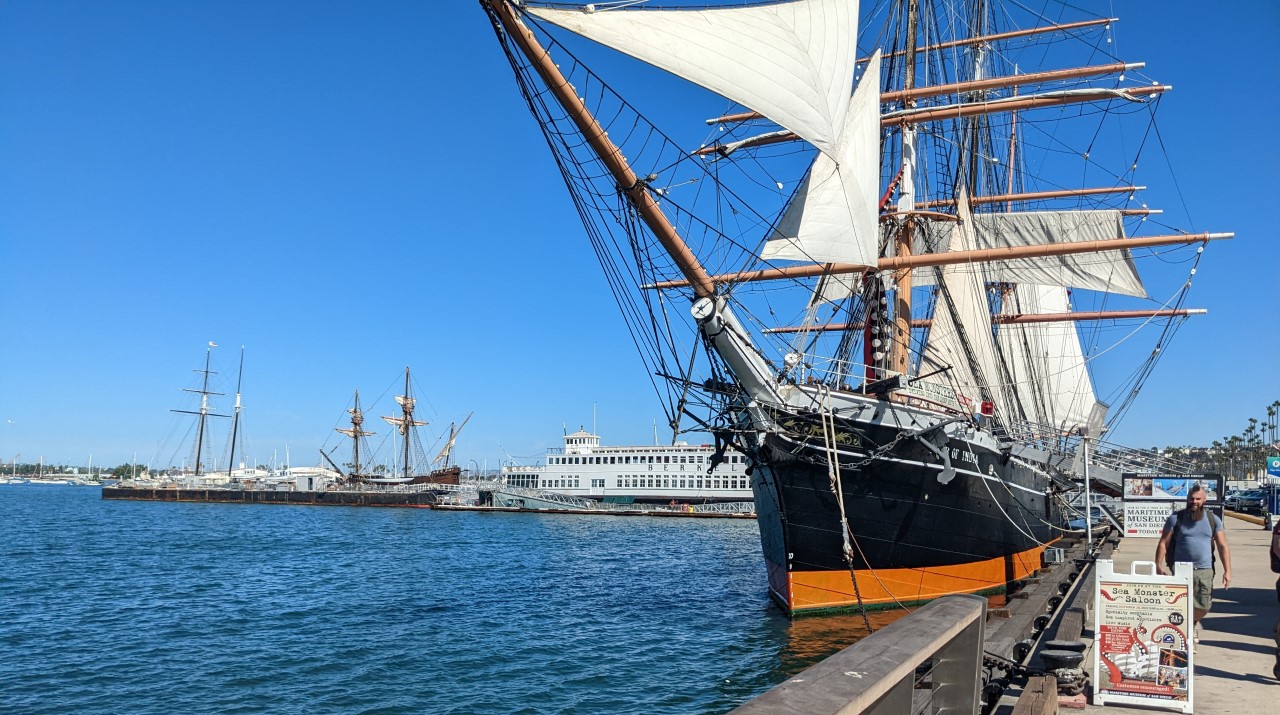
The San Diego Maritime Museum has a number of ships of different eras, focusing mainly on sailing vessels, as well as museum exhibits. This sounds suspiciously similar to another maritime museum I visited a few months back, but unlike its counterpart in San Francisco, this one is done very well. The ships are well-maintained, the exhibits are interesting, and there are plenty of friendly staff. In fact, the National Park Service should just hand over the keys and their budget, and go find something useful to do with their lives. Read more...

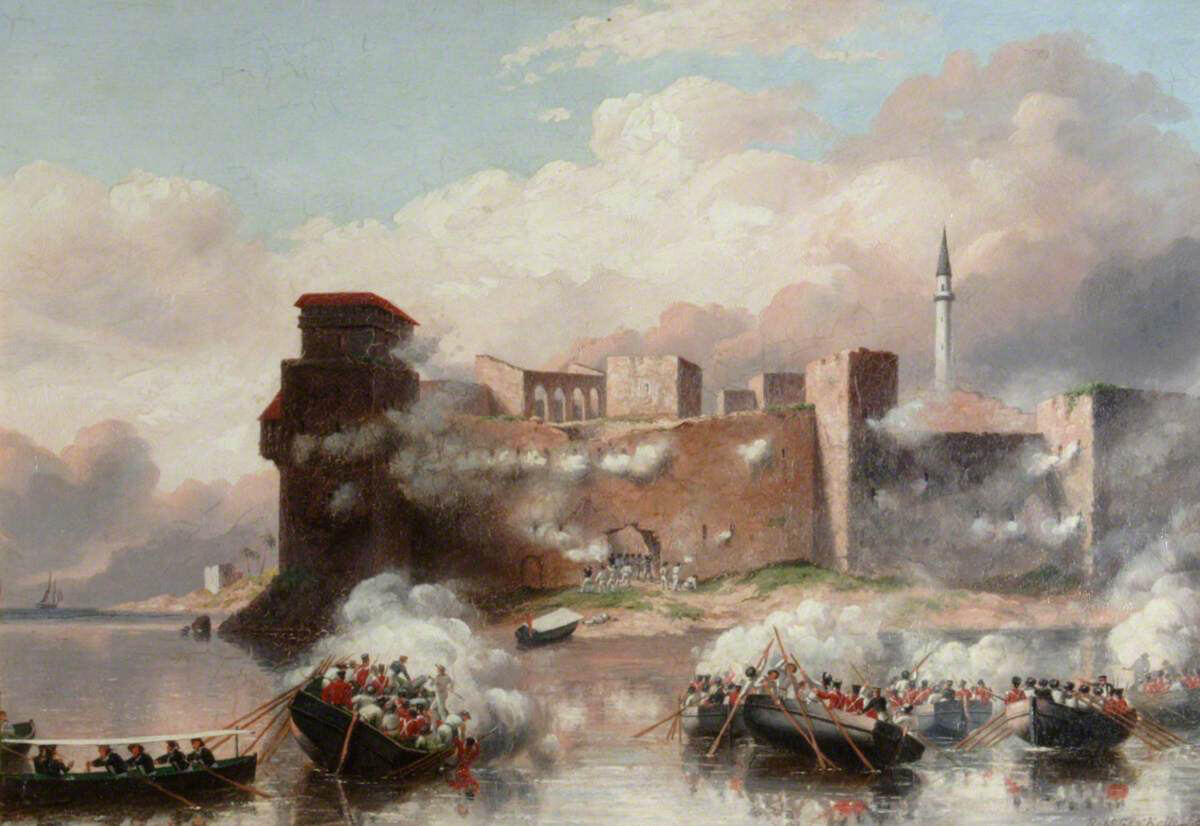

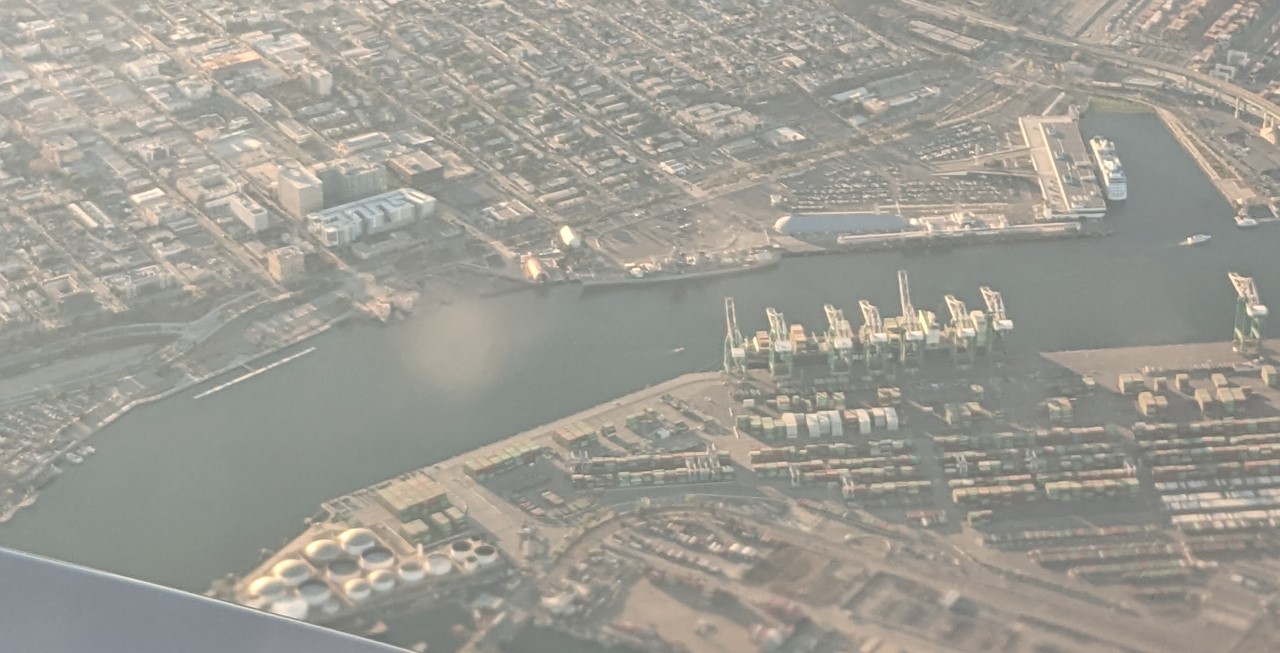
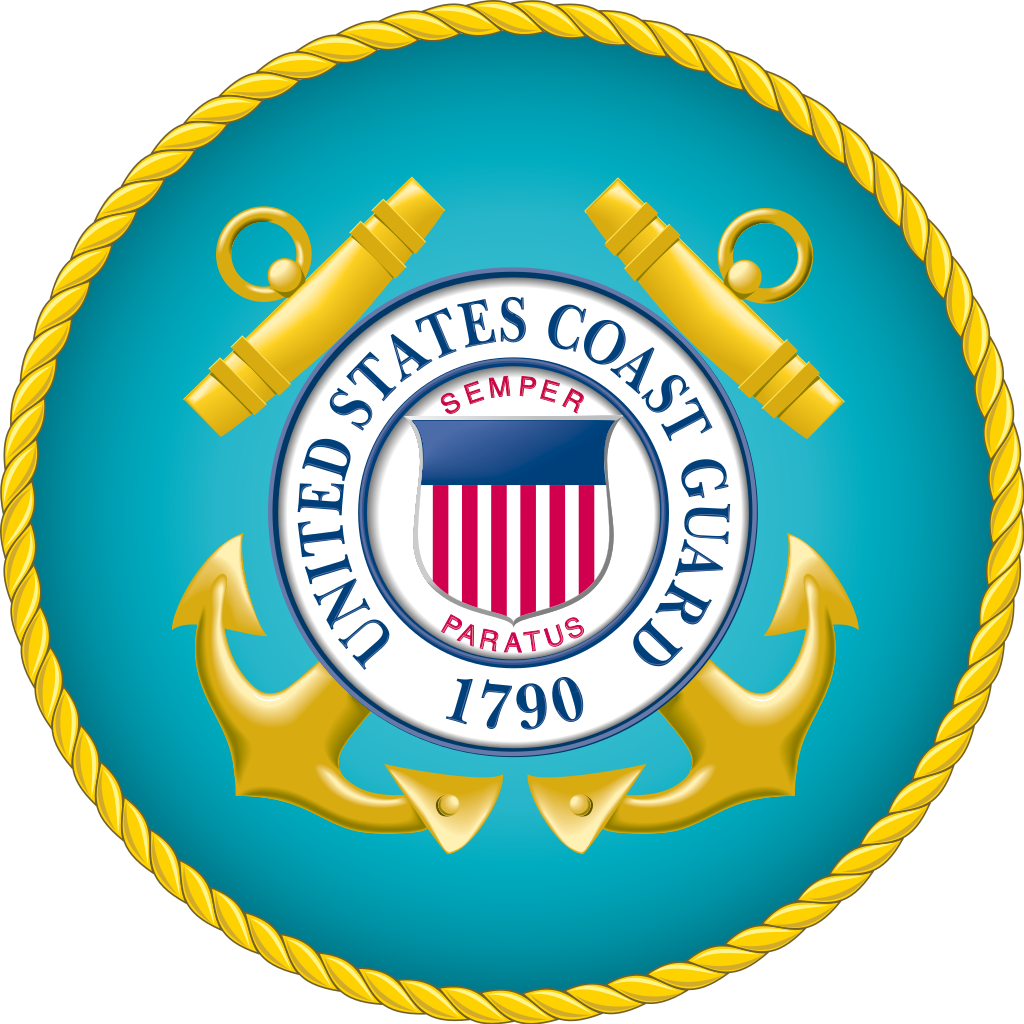
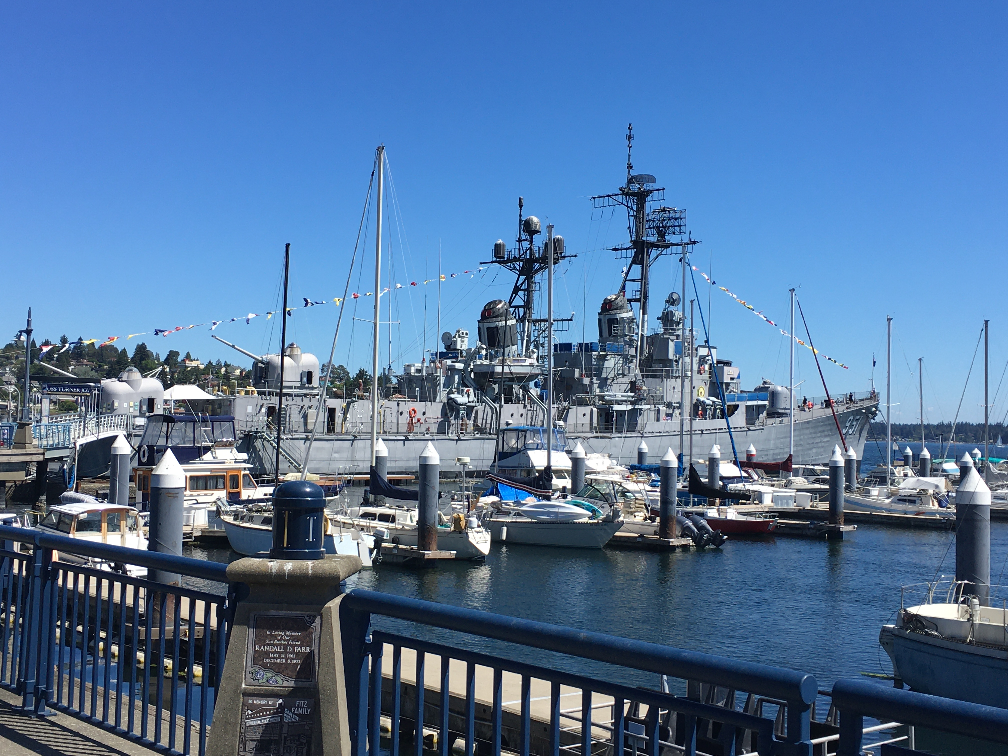

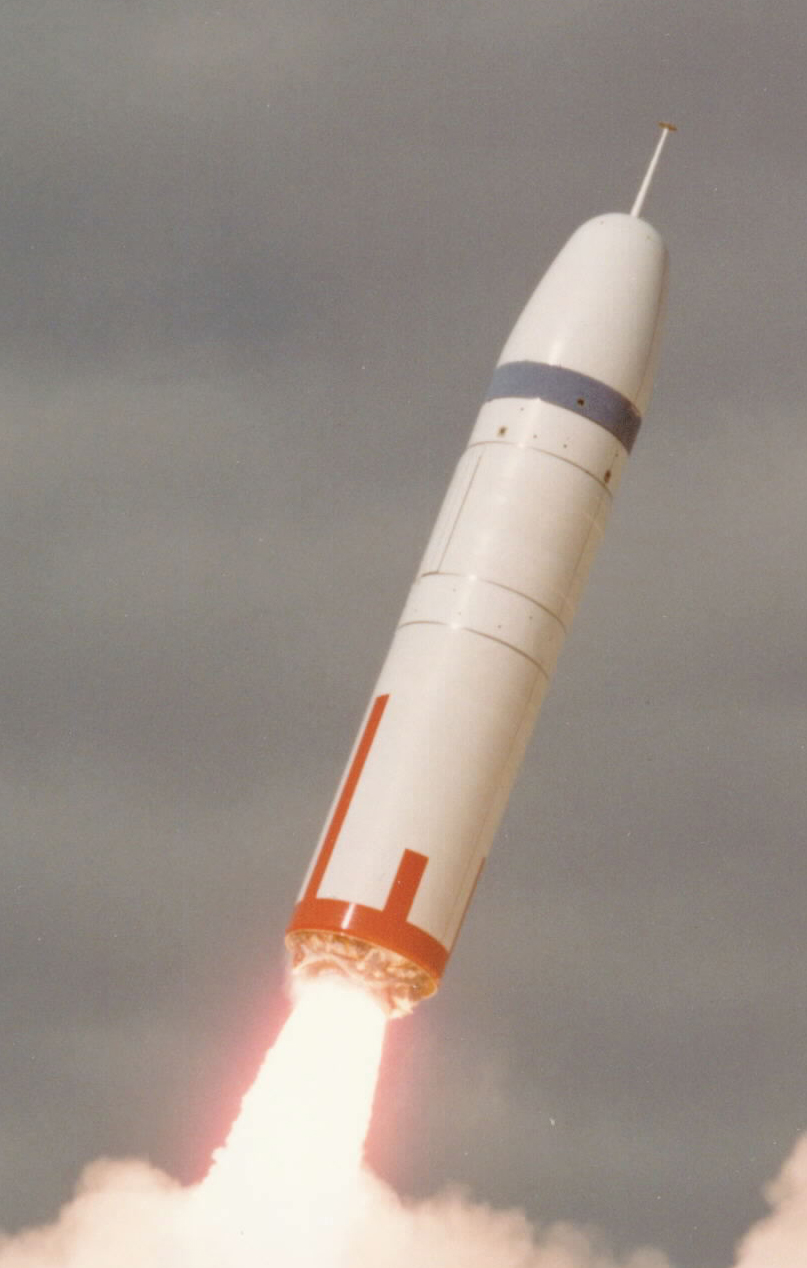
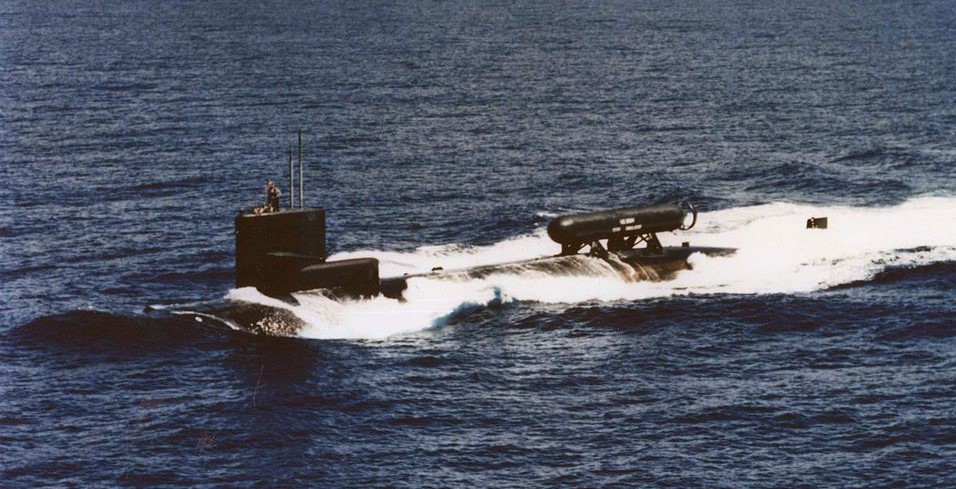
Recent Comments